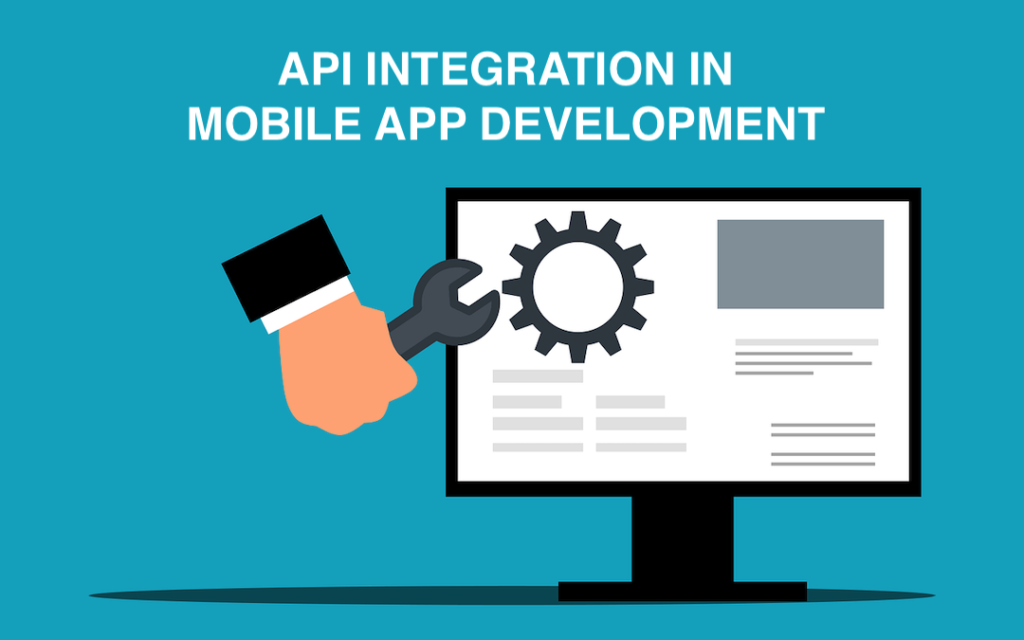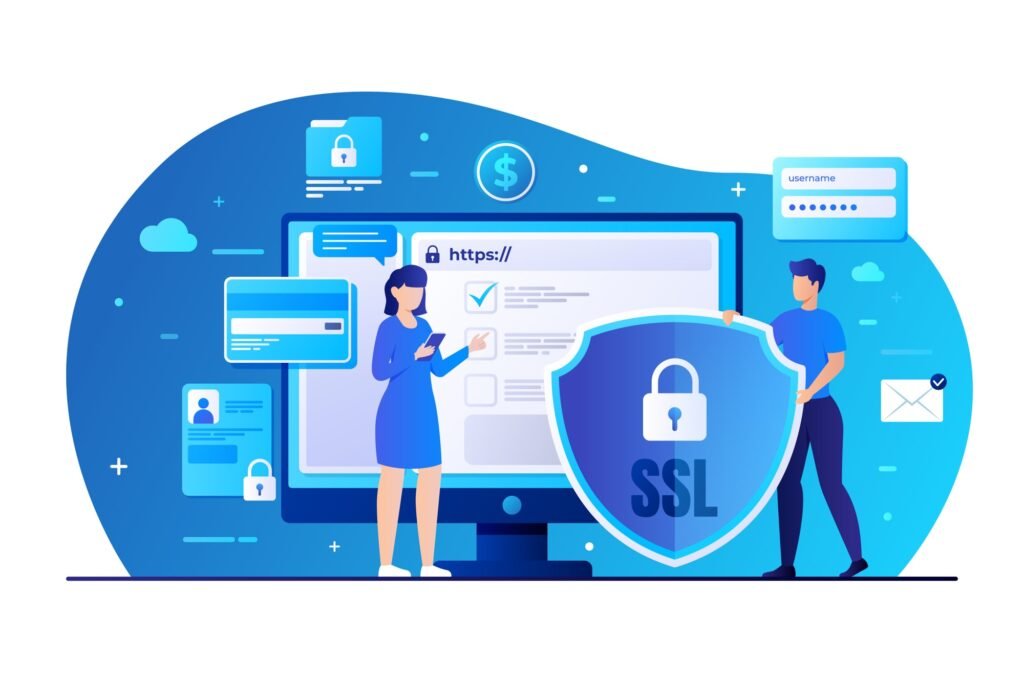APIs (Application Programming Interfaces) play a crucial role in modern mobile app development, serving as the backbone for communication between mobile applications and external services. APIs enable mobile apps to interact with servers, databases, and third-party services, enhancing functionality, improving performance, and ensuring seamless user experiences.
In mobile app development, APIs allow developers to integrate advanced features without building everything from scratch. This article explores the importance of APIs in mobile app development and how they streamline the process.
1. What is an API?
An API is a set of rules and protocols that allow one piece of software to communicate with another. APIs define the methods and data formats that apps can use to request services from other software components, typically over the internet. In the context of mobile apps, APIs connect the app to servers, databases, or external services such as payment gateways, social media platforms, or cloud storage providers.
Key Characteristics of APIs:
- Standardized Communication: APIs define how mobile apps interact with external services, ensuring compatibility.
- Abstraction: APIs simplify complex operations by abstracting them, making it easier for developers to use advanced features without knowing the details of their implementation.
2. How APIs are Used in Mobile App Development
APIs are integral to the functionality of almost every mobile application. Here’s how they are commonly used in mobile app development:
2.1 Data Access and Integration
APIs enable mobile apps to access and retrieve data from external sources, such as a server or a cloud database. For example, a weather app uses an API to fetch real-time weather data from a remote server and display it to users. APIs also allow apps to integrate with external services like Google Maps, payment gateways, or social media platforms.
Example:
GET https://api.weather.com/v3/weather/forecast?geocode=37.7749,-122.4194This API request fetches the weather forecast for the specified coordinates.
2.2 Real-time Communication
APIs allow mobile apps to communicate in real-time with external systems. For instance, messaging apps use APIs to send and receive messages instantly. APIs also facilitate push notifications, allowing apps to send real-time updates to users.
2.3 Payment Processing
APIs enable secure payment processing in e-commerce or mobile wallet apps. By integrating with payment gateways like Stripe, PayPal, or Razorpay, apps can process transactions securely without handling sensitive payment information directly.
2.4 User Authentication and Security
APIs are used to authenticate users via external services such as Google, Facebook, or Apple. This allows users to sign in to apps quickly and securely without creating new accounts. APIs also manage data encryption and user authentication tokens to ensure data security.
2.5 Third-Party Integrations
Mobile apps often rely on third-party services for added functionality. APIs enable easy integration with these services, allowing developers to add features like geolocation (Google Maps API), cloud storage (AWS S3, Firebase), or social media sharing (Facebook API, Twitter API).
Example of Google Maps API integration:
function initMap() {
var map = new google.maps.Map(document.getElementById('map'), {
center: { lat: -34.397, lng: 150.644 },
zoom: 8,
});
}2.6 Cloud Services and Backend as a Service (BaaS)
Many mobile apps use cloud services or BaaS platforms for storage, data management, and user authentication. APIs facilitate communication between the mobile app and cloud services, enabling seamless data syncing, real-time updates, and offline support. Services like Firebase or AWS provide powerful APIs that handle backend functions, allowing developers to focus on the front-end user experience.
3. Benefits of Using APIs in Mobile App Development
3.1 Faster Development
APIs eliminate the need to build functionalities from scratch, enabling developers to integrate third-party services quickly. This significantly speeds up the development process, allowing developers to focus on the core functionality of the app.
3.2 Enhanced App Functionality
By leveraging external services via APIs, developers can add advanced features to mobile apps that would be difficult or time-consuming to build internally. For instance, APIs allow the integration of machine learning models, payment processing, or geolocation services with minimal effort.
3.3 Cost Efficiency
APIs provide access to existing infrastructure and services, reducing development costs. Instead of building a backend from scratch, developers can use APIs to connect to cloud-based services for data storage, authentication, or content delivery.
3.4 Improved Security
APIs enhance security by allowing mobile apps to connect with secure third-party services for sensitive operations like payment processing, user authentication, and data encryption. This minimizes the risk of handling sensitive data directly in the app, reducing the likelihood of security breaches.
3.5 Consistent and Scalable Architecture
APIs provide a consistent and scalable way to interact with external services. Whether the mobile app needs to handle thousands or millions of users, APIs allow developers to scale backend services effortlessly.
4. Challenges of Using APIs in Mobile App Development
While APIs offer numerous benefits, they also come with certain challenges:
4.1 Dependency on External Services
Using APIs means relying on external service providers. If the API experiences downtime or is discontinued, it can impact the functionality of your app. Developers must ensure that they choose reliable services and build error-handling mechanisms.
4.2 Versioning and Maintenance
APIs are regularly updated to add new features or fix bugs. Developers need to keep their apps updated to ensure compatibility with the latest API versions. This can add to the maintenance burden over time.
4.3 Security Concerns
While APIs can improve security, they also introduce risks if not implemented correctly. For instance, poorly secured APIs can lead to data leaks, unauthorized access, or man-in-the-middle attacks. Developers must ensure secure API integration by using encryption, authentication tokens, and secure communication protocols (e.g., HTTPS).
5. Conclusion
APIs are an indispensable part of mobile app development, allowing developers to integrate external services, enhance functionality, and streamline the development process. Whether you’re building a real-time messaging app, an e-commerce platform, or a cloud-based mobile app, APIs provide the tools necessary to connect your app to the broader digital ecosystem.
At TechsterTech.com, we specialize in mobile app development that leverages cutting-edge APIs to deliver powerful and scalable solutions. Our team ensures seamless API integration, providing enhanced functionality and robust security for your mobile applications.



